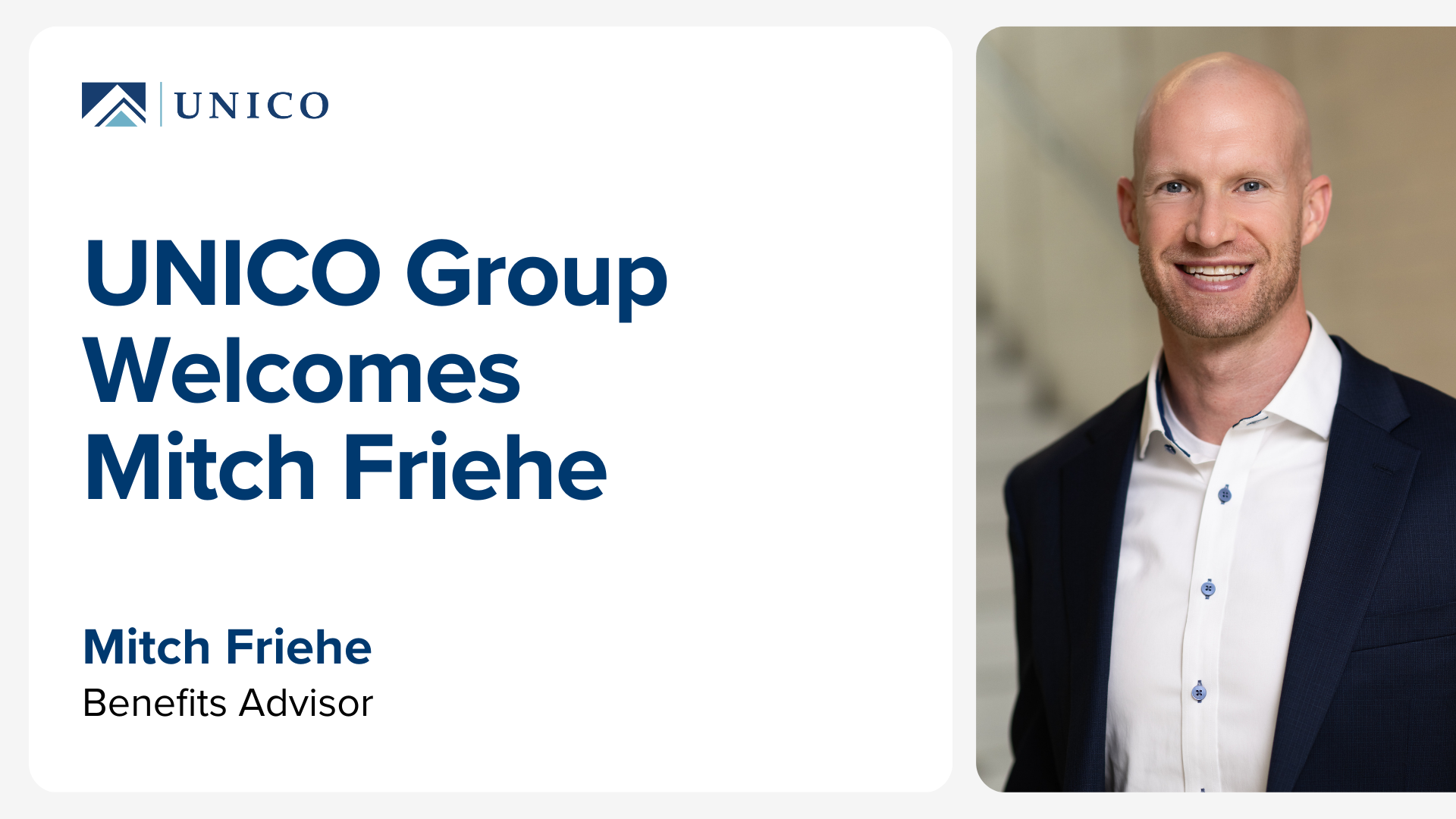Lori
402-770-5198
1. What types of employers are turning to HSAs?
In general we are seeing employers who are looking to save bottom line dollars on their benefit plans by asking employees to take control of their personal health care expenses. Employers see these plans as providing transparency and consumerism in health care plans.
Many employers are offering the HSA/high-deductible health plan (HDHP) as a dual option along with the more traditional PPO type of plans. They are also embraced by small business owners, self-employed individuals and those without access to a workplace health plan. HSA/HDHPs have been embraced by over 10 million Americans since being signed into law in 2004.
According to Towers Watson, a human resources firm, and the National Business Group on
Health’s 2010 survey, 83 percent of businesses have already or are planning to change the health care they offer.
2. What are the benefits of an HSA and who should use them?
Many people choose high-deductible plan because it may save them money. For example, people that are young and healthy can benefit better for the reason that they pay lower premiums and they may not have much need for care. One can save a significant amount on premiums compared to traditional plans, however depending on the current plan they are covered by, may have higher deductibles than they’re used to, so there is a definite need for education.
Persons having a pricey medical condition like cancer can also recieve benefits. When the member reaches the out-of-pocket maximum of the plan the insurance carrier steps in and pays all remaining expenses for the contract period.
3. How do the accounts work?
HSAs allows you to defer taxes on any money you contribute, in order to cover out-of-pocket medical expenses. There is a catch, however: To qualify for an HSA, you must also own a qualified high-deductible health plan, or HDHP. You must also not be covered by any other health plan, nor enrolled in Medicare, or be claimed as a dependent on someone else’s tax return.
HDHPs are major medical policies with higher deductibles than normally found in regular medical plans. These plans aren’t designed to provide full coverage for every little sniffle or stubbed toe. Instead, these plans are designed to keep premiums low by restricting coverage to major medical events. The consumer retains the risk of smaller, less severe or less expensive medical conditions.
Congress sets limits on the amount you can contribute to an HSA in any given year. Under current law, the contribution limit for an HSA for 2012 is $3,100, and the limit for families is $6,250. Those aged 55 or over can contribute an additional $1,000 per year.
Your employer can contribute also. Withdrawing medical bills remain tax-free. Un-used money from year to year grows without being taxed.
Contributions are tax deductible, and all growth in an HSA is tax-deferred. If you withdraw the money to pay for a qualified medical expense, the amount withdrawn is tax free. However, any withdraws you make to pay non-qualified expenses, or for any other reason other than medical expenses, is taxable as ordinary income, and subject to a 20 (increased to this with HCR) percent penalty.
4. What does the average consumer think of these accounts? What are their fears and what are misconceptions about these accounts?
Most consumers see the advantages as:
- Reduced premiums.
- Income tax reduction.
- Tax deferral.
- Improved rollover provisions.
- Tax-free distributions for qualified health care expenditures.
- Control.
- Asset Protection.
Some of the disadvantages include:
- Potential for increased out-of-pocket costs.
- Penalties for non-qualified expenses.
- Unsuitability for those with chronic medical conditions.
- Responsibility of having to keep track of what tax free money is used for.
In a nutshell, HSAs and HDHPs tend to work best for people who tend to pay more in insurance premiums than they use in health care. However, every situation is different, and every business’s risk pool is different. There is no ‘one-size fits all’ solution. But an HSA/HDHP is a compelling alternative for the right set of circumstances.
Kipp R. Kissinger & Mick Sibbel
UNICO Benefits & Financial Services
4435 “O” Street
Lincoln, NE 68510
(800) 755-0048 toll free



